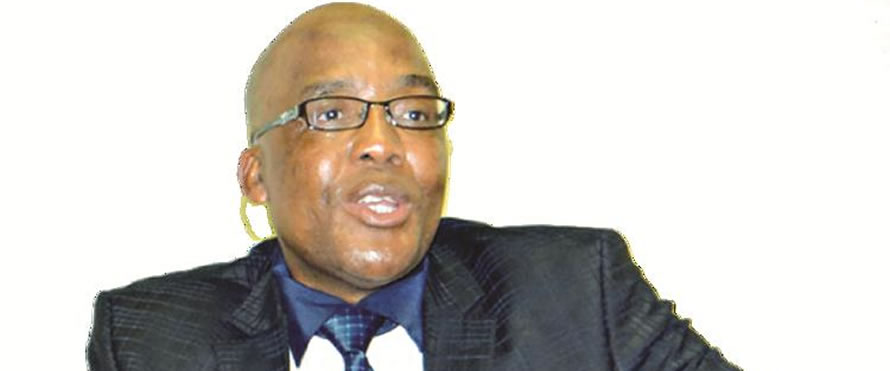
The Sunday News

Robin Muchetu in Victoria Falls
A shortage of health personnel in Sub-Saharan Africa has exposed gross inequality between the public and private sectors, with the latter having more specialists that service a smaller section of the population at a time developed countries continue to poach health workers from poor countries against existing conventions.Speaking at a Press conference on the sidelines of the just ended Ordinary Joint meeting of Sadc Ministers of Health in Victoria Falls, South African Health Minister Dr Aaron Motsoaledi, said the shortage of health personnel was a common challenge within the continent and sub-Saharan Africa in particular was hard hit. There is a deficit of about four million health workers worldwide.
Dr Motsoaledi said this while adding on to the Zimbabwean Minister of Health and Child Care Dr David Parirenyatwa’s concern on the unavailability of specialists in the country’s Government hospitals.
“The World Health Organisation declared sub-Saharan Africa to be in crisis as it is the worst case scenario where health human resources are scarce and it is a serious cause for concern. The world over, there is an estimated shortage of about four million health workers and it is more acute in poorer areas of the world,” said Dr Motsoaledi.
Dr Parirenyatwa, who is also the chairperson to the Sadc Ministers of Health, said the situation was pathetic.
“Here in Zimbabwe we have Ingutsheni Psychiatric Hospital in Bulawayo which has one psychiatrist instead of a total of eight and it is not anything to be happy about; we need the specialists in our hospitals to aid the situation,” said Dr Parirenyatwa.
The South African health minister said the situation in hospitals in his country exposed gross inequality, especially in the private sector where he said there was a glut of specialists.
“We have more than enough specialists in our private hospitals in South Africa and many Zimbabweans are there too. The challenge is that 80 percent of the specialists are flooded in the private sector, servicing only 16 percent of the population while the remaining 84 percent are serviced by just 20 percent of the specialists,” he lamented.
The Angolan health minister, Dr Jose van Dunem, said they had resorted to getting help from the Cuban government for fellowships to send Angolan doctors for training.
“We have sent people for training in Cuba and when they return they will go and work where the Angolan government will have posted them. This assists us in maintaining a strong human resource compliment,” Dr van Dunem said.
The South African health minister said there was a need to bring equality in terms of service provision for both the private and public sector as specialists were available but not for the poor.
He said the concept of Universal Health Coverage was going to be introduced in the Sadc countries so as to address the inequality that exists between the private and public institutions world over.
Dr Parirenyatwa said the challenge with the remaining specialist doctors in the public sector in Zimbabwe was that they wanted to be based in the big cities only.
“Our Zimbabwean specialist doctors want to be based in the city only and they shy away from rural institutions and that needs to be corrected,” he said.
He said Zimbabwe will soon decentralise specialised services so that district hospitals and other institutions have specialists based in those particular areas.
Many Zimbabwean specialists left the country during the height of the economic challenges that bedevilled the country and have not returned leading to acute shortages in Government hospitals.
The health minister for the Kingdom of Swaziland Dr Sibongile Simelane said the challenge was also common in her country.
“We have specialists leaving Swaziland into neighbouring South Africa and we have tried to match salaries with theirs but we still have a challenge as they continue to leave. At the moment we actually depend on South Africa where we send some of our patients that need specialist treatment as we do not have the specialists in the country,” she said.
The South African health minister also said according to the World Health Assembly, it was not recommended to actively recruit health labour from developing countries.
“The World Health Assembly states that no country should recruit health labour from developing countries but we see our health personnel being employed in richer parts of the world. They are in America, Canada and the Middle East and we cannot afford to provide the wealth that is found in those countries,” he said.



